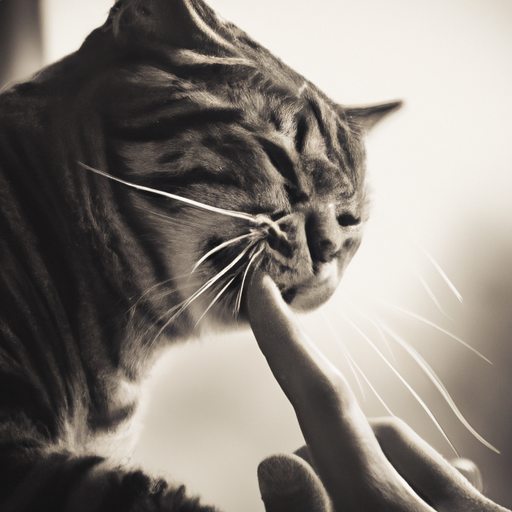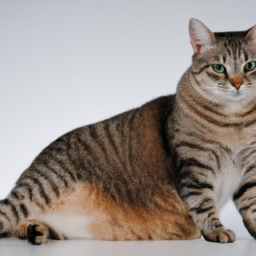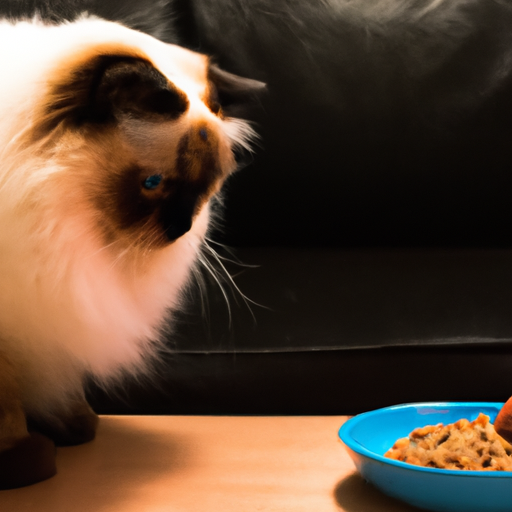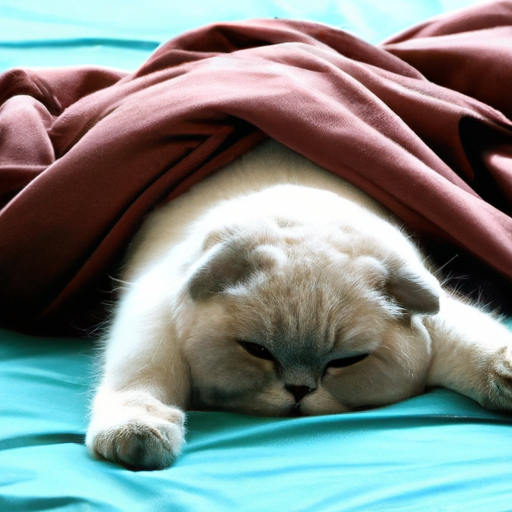How Long Do Cats Live
Get ready to uncover the facts behind the lifespan of your feline friends! In the article “How Old Do Cats Live,” we explore various factors from genetics to environmental influences that determine the age range of domestic cats. It’s noteworthy that with the right care, some cats can enjoying their nine lives longer than you’ve ever imagined! So prepare to stop guessing and start knowing – it’s all about the number of candles you’ll be putting on your cat’s birthday cakes.
Understanding Average Cat Lifespan
Every cat owner adores their feline friend and would like to keep their companion around for as long as possible. But exactly, how old do cats live? To answer that question, we must first understand a few things about a cat’s lifespan.
Defining What Lifespan Means
When we talk about lifespan, we refer to the total lifespan of cat starting from birth till death. The lifespan of a cat can depend on numerous factors, including genetics, diet, physical health, environment, and mental well-being. This wide array of variables makes it somewhat challenging to pinpoint an “average” lifespan, but in general, most domestic cats live around 12 – 15 years.
General Average Lifespan of Cats
Speaking in terms of general average, most healthy domestic cats live between 12 – 15 years. That being said, it’s not uncommon for some cats, particularly those with exemplary care, to reach into their late teens and even into their twenties!
Factors That Influence Cat Lifespan
Several factors contribute to the lifespan of cats. These include lifestyle (indoor vs outdoor), breed, diet, regular exercise, mental health, regular checkups, vaccinations, genetic factors, and age-related changes, among others. Each of these will be explored in detail in the following sections.
Lifespan of Indoor Cats vs Outdoor Cats
Where a cat lives – whether they’re an indoor or outdoor cat – can significantly affect their lifespan.
How Indoor Living Affects Lifespan
Indoor cats generally live longer than their outdoor counterparts. This is because they’re protected from many outdoor hazards, such as traffic, predators, disease and harsh weather. On average, indoor cats live between 13 – 17 years, with some reaching their early twenties.
How Outdoor Living Affects Lifespan
Life outside is fraught with risks and threats to the health of cats. With exposure to diseases, predators, vehicular danger, and environmental elements, outdoor cats have a considerably lower average lifespan, usually around 5 – 7 years.
Comparing Lifespan of Indoor vs Outdoor Cats
So, comparing the two, it’s clear that indoor cats outlive their outdoor peers. While the great outdoors might offer exciting excitement, it’s a risky world!

Variation in Lifespan Across Different Breeds
Just like in humans, cat breeds also have a significant impact on the lifespan.
Short Lifespan Breeds
Some breeds generally have shorter lifespans, due to genetic predispositions and inherited conditions. Purebred cats like the Manx or Male Burmese, for example, often live less than 10 years.
Long Lifespan Breeds
Conversely, breeds like the Siamese and Maine Coon can live well into their early twenties due to their robust genetics and relative lack of breed-specific ailments.
Average Lifespan of Mixed Breed Cats
Mixed breed, or mongrel, cats tend to have a longer lifespan in comparison to purebred cats. This is due to a richer gene pool which may help them resist genetic diseases.
Effects of Neutering or Spaying on Cat Lifespan
Whether or not a cat is neutered or spayed can also significantly affect their lifespan.
Benefits of Neutering or Spaying for Lifespan
Neutered or spayed cats live longer on average, as the procedure can prevent certain types of cancer and eliminate any risk of diseases of the reproductive system.
Potential Risks of Neutering or Spaying
That being said, every surgery has potential risks, and these should be discussed with your veterinarian before making a decision.
When Should Cats be Neutered or Spayed
Although there’s no definitive “perfect” age to neuter or spay cats, most veterinarians agree that around six months of age is a good time for these procedures.
Dietary Impact on Cat Lifespan
What your cat eats has a direct impact on their health and longevity.
Importance of Balanced Diet
A balanced and nutritious diet is crucial for prolonging a cat’s life. High quality commercial cat food generally provides all the nutrients a cat needs.
Special Dietary Considerations for Longevity
As your cat ages, its dietary needs may change. Consult your vet for advice on how best to adjust your pet’s diet to meet their needs as they age.
Avoidable Foods for Prolonged Life
Some foods should be avoided entirely, such as chocolate, onions, garlic, and caffeinated beverages, as these can be toxic to cats.
Role of Regular Exercise in a Cat’s Lifespan
Regular exercise is another crucial factor in a cat’s lifespan.
Benefits of Regular Exercise
Regular physical activity can keep your cat in good shape and help them avoid obesity, which is known to reduce cat lifespan.
Suggested Exercise Routines
Activities can include playing with toys, climbing cat trees or just running around the house. As a rule of thumb, aim for at least 20 minutes of active play per day.
Signs Your Cat Needs More Exercise
If your cat starts putting on weight or shows signs of lethargy, it’s probably time for more exercise!
Healthcare and Its Impact on Cat Lifespan
Proper healthcare is vital to extending your cat’s lifespan.
Importance of Regular Vet Check-ups
Regular vet checkups can catch early signs of illness and prevent conditions from worsening.
Common Diseases and Their Treatments
Some common diseases in older cats include arthritis, diabetes and kidney problems. Regular vaccinations and checkups can help manage these diseases.
Vaccinations and Lifespan
Vaccinations protect cats from a variety of potentially fatal and debilitating diseases, inevitably extending their lifespan.
Genetic Factors and Lifespan
Genetics play a substantial role in determining a cat’s lifespan.
How Genetics Influence Lifespan
Genetic factors can determine susceptibility to certain diseases, and even influence overall life expectancy.
Inherited Disorders and Lifespan
Some breeds are prone to certain genetic disorders which can negatively influence lifespan.
Understanding Cat DNA and Aging
Understanding your cat’s genetic makeup can help shed light on potential health problems and guide preventative care.
Effects of Mental Health on Cat Lifespan
Don’t neglect your cat’s mental health, as it can be just as important as physical health!
Stress and Lifespan
Prolonged stress or anxiety can negatively affect your cat’s lifespan, as it leads to decreased immune function and other health issues.
Importance of Social Interaction
Regular social interaction, either with humans or other pets, can boost your cat’s mood and mental wellbeing.
How to Improve Your Cat’s Mental Health
To enhance your cat’s mental health and ultimately improve their lifespan, provide plenty of playtime, affection, and a comfortable and safe environment.
Knowing the Signs of Aging in Cats
Knowing the signs of aging can help manage the health and wellbeing of geriatric cats.
Physical Changes With Age
Physical changes with age might include weight loss, decreased mobility, dental issues, or changes in vision and hearing. Regular vet check ups can help identify these.
Behavioral Changes With Age
Behavioral changes can include altered sleeping patterns, increased irritability, or decreased interest in play. These can indicate age-related issues that could be addressed.
Caring for An Aging Cat
Remember, aging is a natural process. Ensure that your aging cat has a comfortable, warm place to rest, a diet suitable for their age, and regular health checks to keep them purring into their golden years.
So, although there’s a variation in lifespan among cats, remember lifestyle, healthcare, diet, and love can play a vital role in keeping your feline friend around as long as possible. It’s not just about how old cats live; it’s about how well they live through their years.






